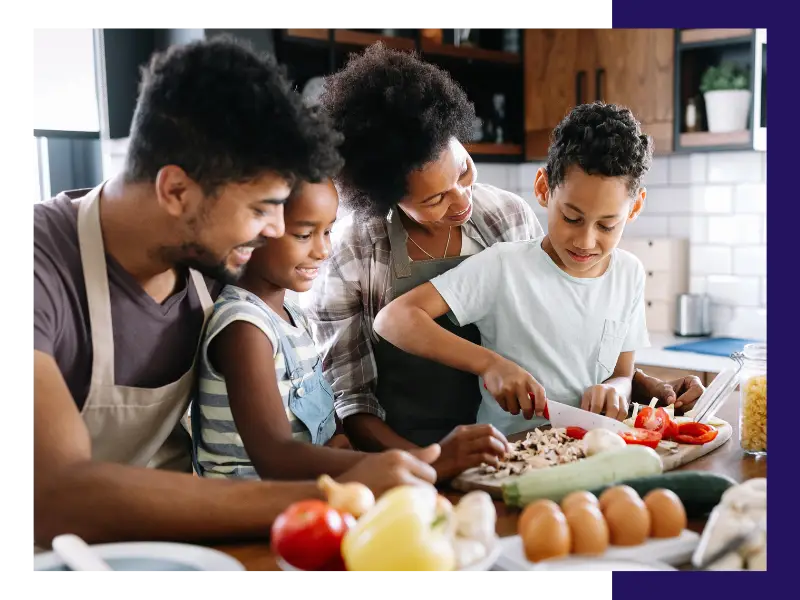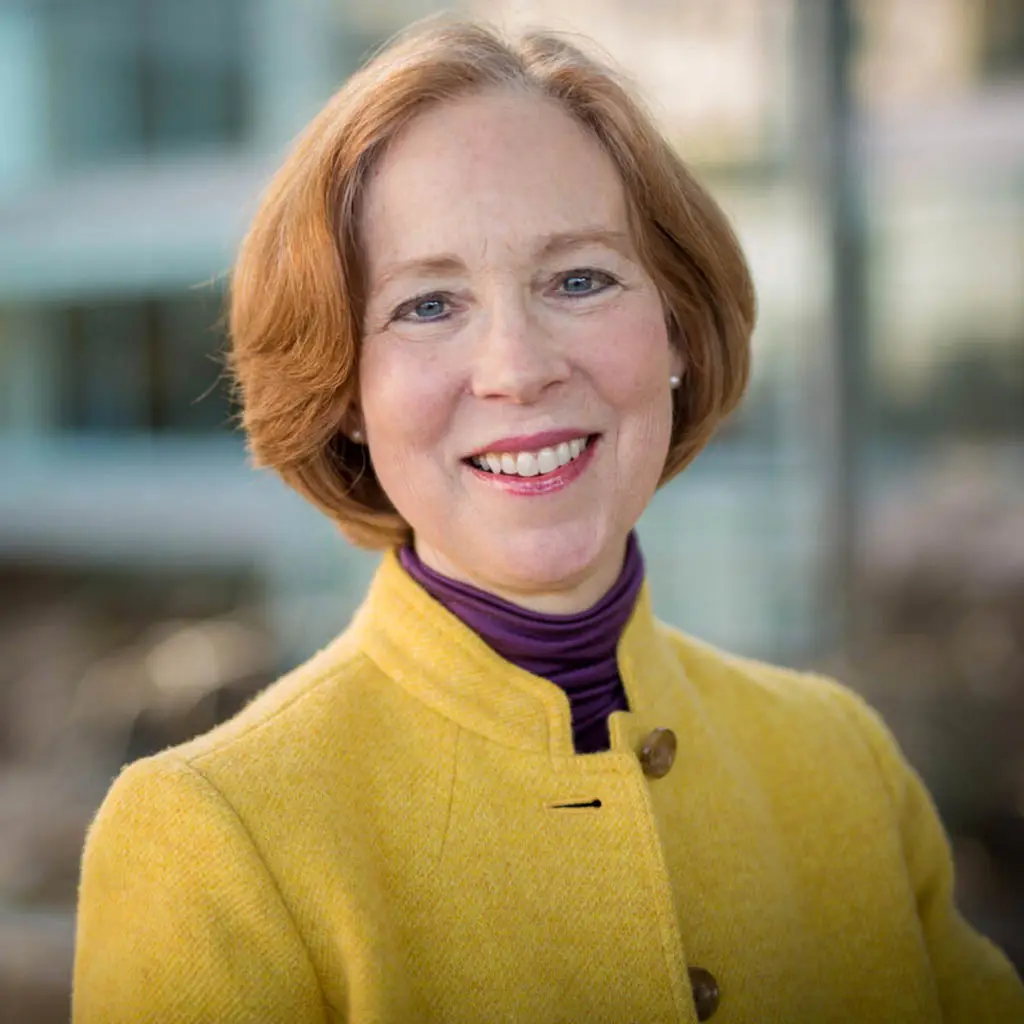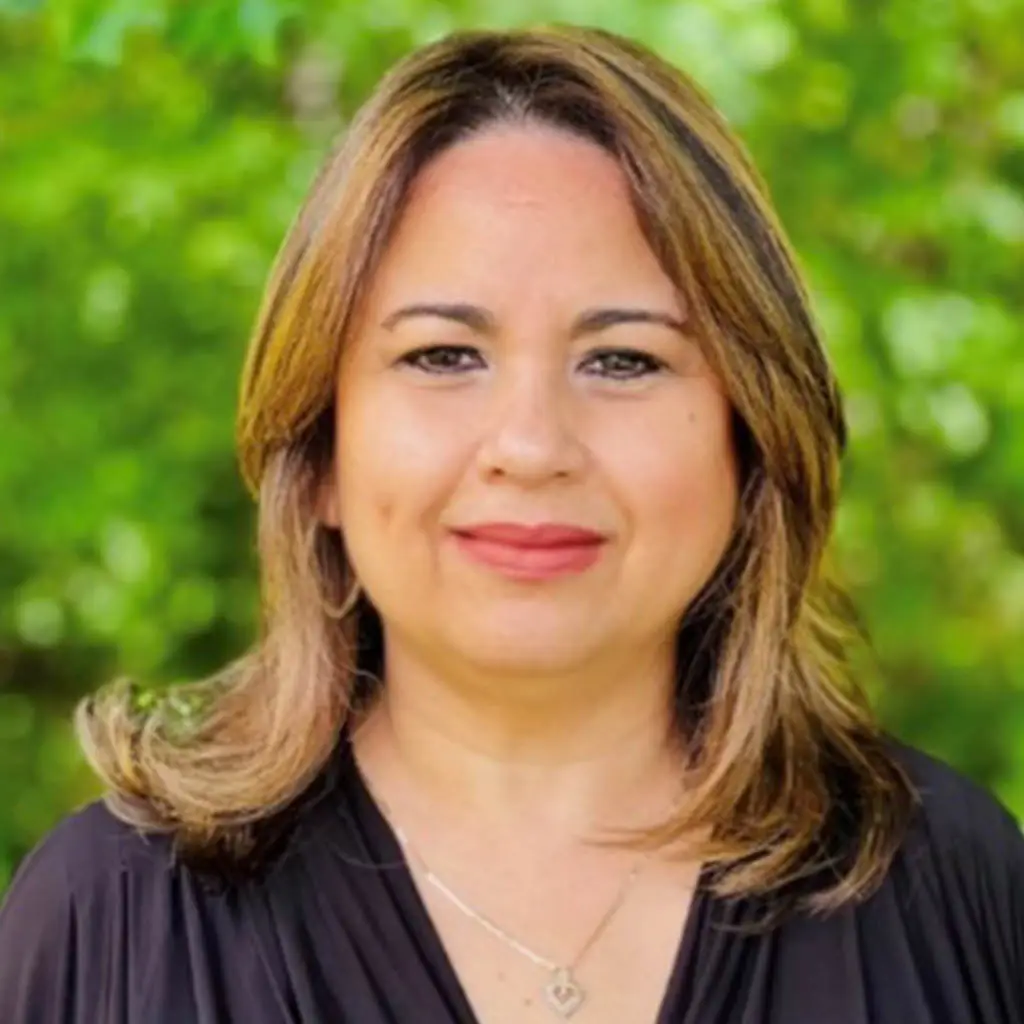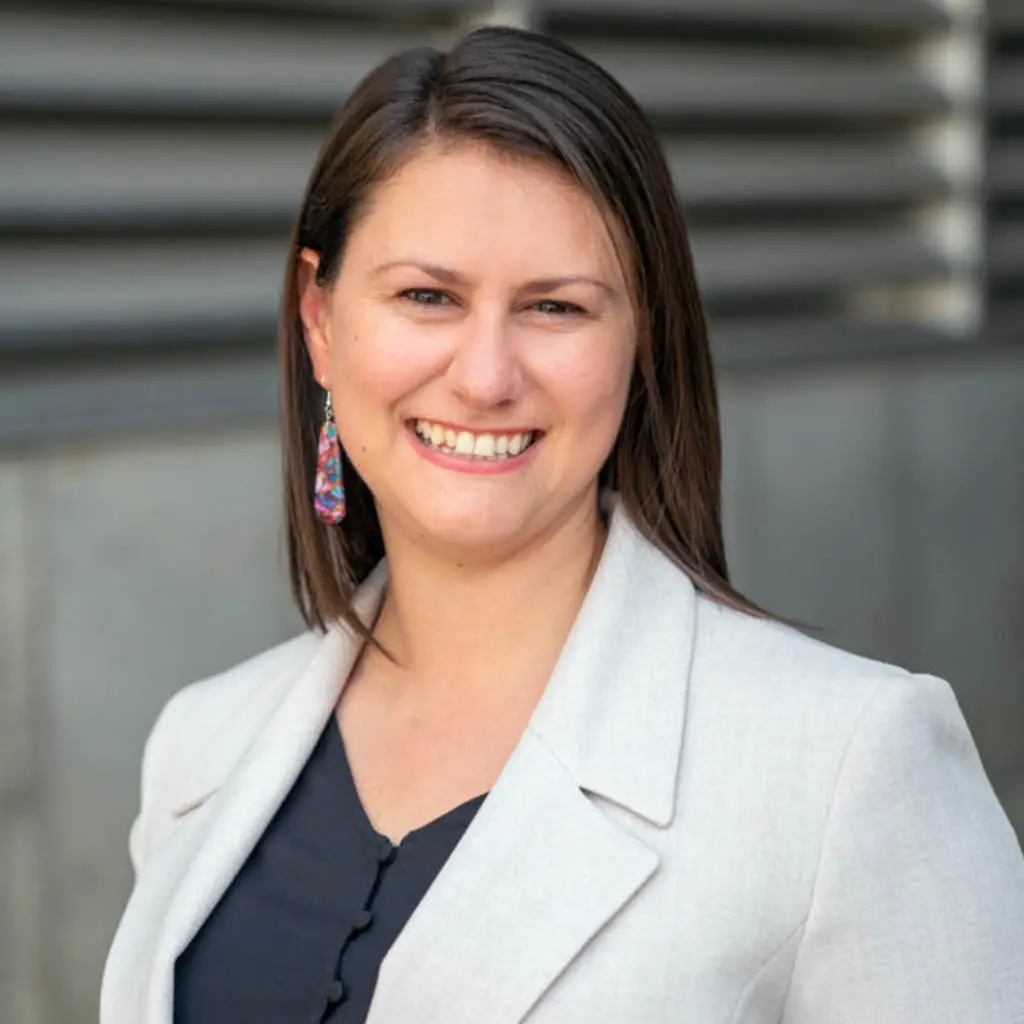FAST-DE
This program trains and empowers primary care providers to deliver brief, first-line treatments to youth who experience disordered eating. This approach reduces the time between detection and treatment and improves access to care, especially for people who are underserved.

Program Overview
FAST-DE stands for First Approach Skills Training – Disordered Eating. In Spanish, it is First Approach Skills Training – Trastornos de la Conducta Alimentaria (FAST-TCA). The vision for this program is to transform service delivery for young people who experience eating disorders and disordered eating. It trains primary care providers to provide brief, effective interventions in primary care settings. The training raises their skill levels around eating disorders and turns primary care offices into key touchpoints to identify and treat at-risk youth. This approach connects people to care faster and expands access to treatment for people of all backgrounds.
will have an eating disorder in their lives
Program Impact
Eating disorders are among the most lethal of all mental health conditions. In fact, death by suicide is one of the leading causes of mortality for eating disorders. Data show that 9% of the U.S. population and nearly one million people in North Carolina will have an eating disorder in their lifetime. This group of illnesses (anorexia nervosa, bulimia nervosa, binge-eating disorder, and avoidant/restrictive food intake disorder [ARFID]) impact people across age, sex, gender, race, ethnicity, geographic location, and socioeconomic backgrounds. FAST-DE and FAST-TCA help address the shortage of clinicians and specialist centers that provide eating disorders care. It empowers primary care providers with skills and knowledge—in both English and Spanish—that make care for eating disorders accessible, brief, effective, and affordable.
- An initial pilot study of FAST-DE is underway within UNC Health Pediatric Primary Care Clinics.
- Right now, FAST-DE focuses on adolescents ages 12-17 and their caregivers who speak English and/or Spanish.
- The program includes interventions for a range of disordered eating behaviors, such as food restriction, purging, and/or binge eating.
- The project team includes expertise in eating disorders, brief interventions and integrated pediatric primary care, with specialties in psychology, dietetics, and medicine.
- The program has a dedicated team of Latinx providers working on cultural adaptation(s) of materials based on feedback from focus groups with Latinx youth and parents.
- Long-term plans for this program include fully accessible training materials so primary care clinics across North Carolina can deliver FAST-DE and FAST-TCA.




